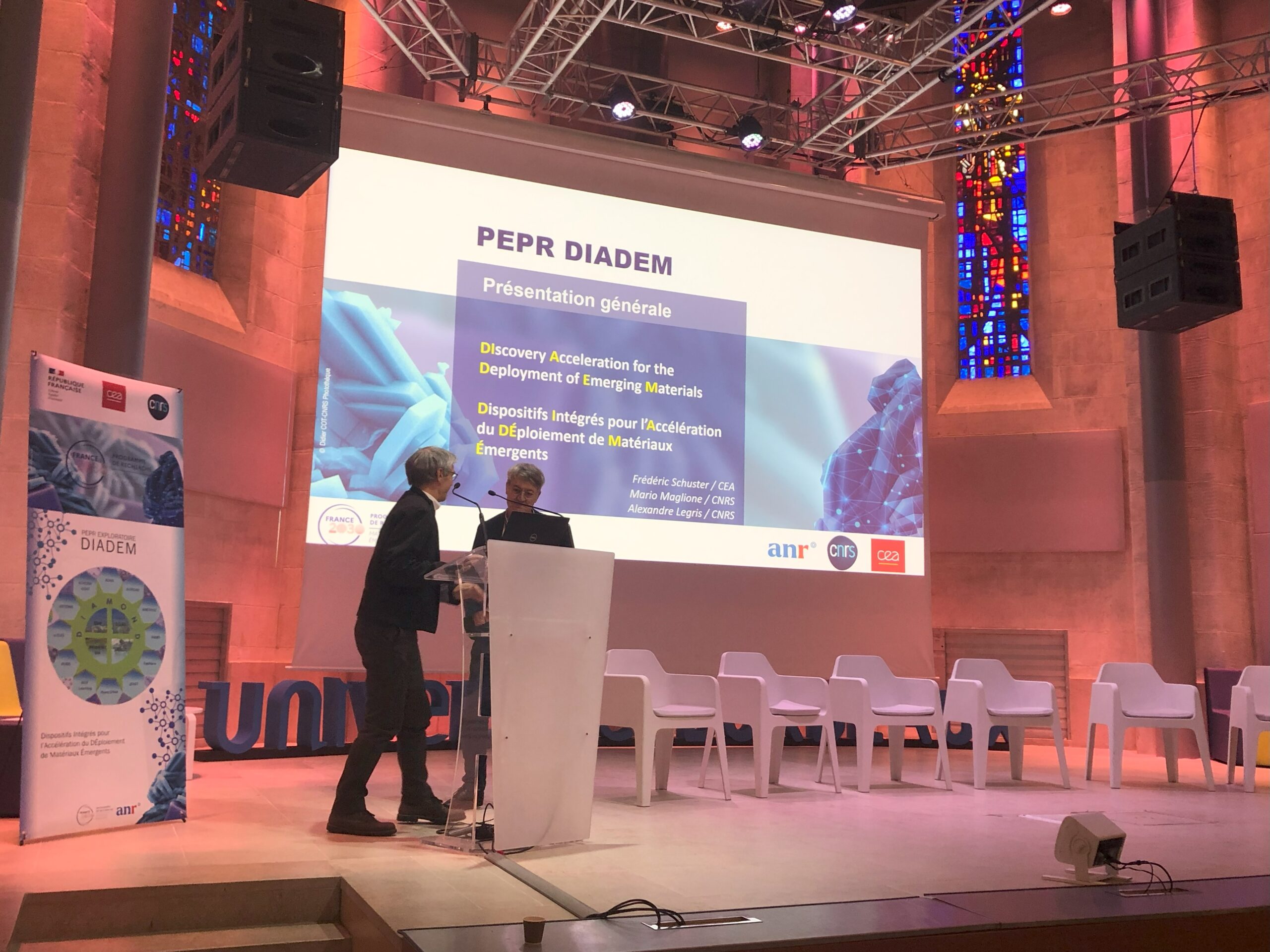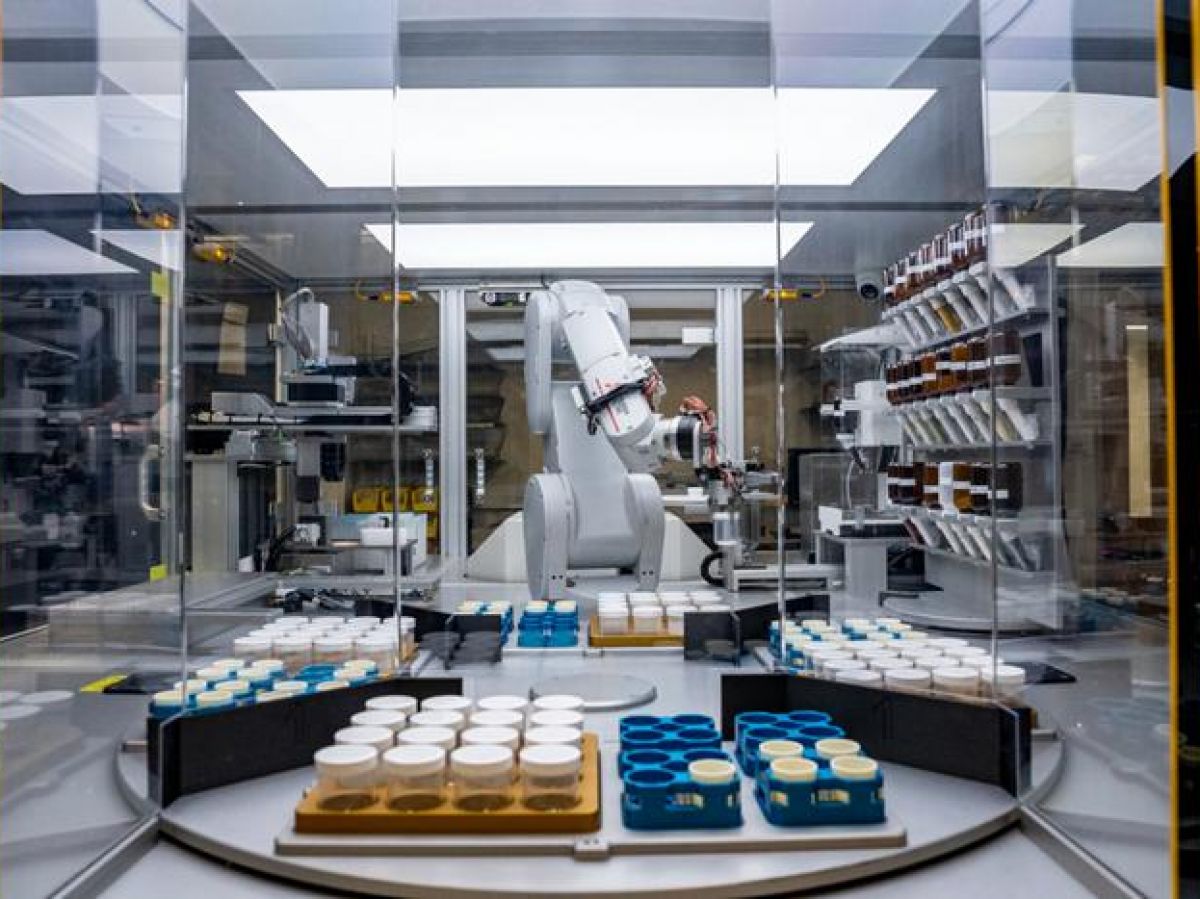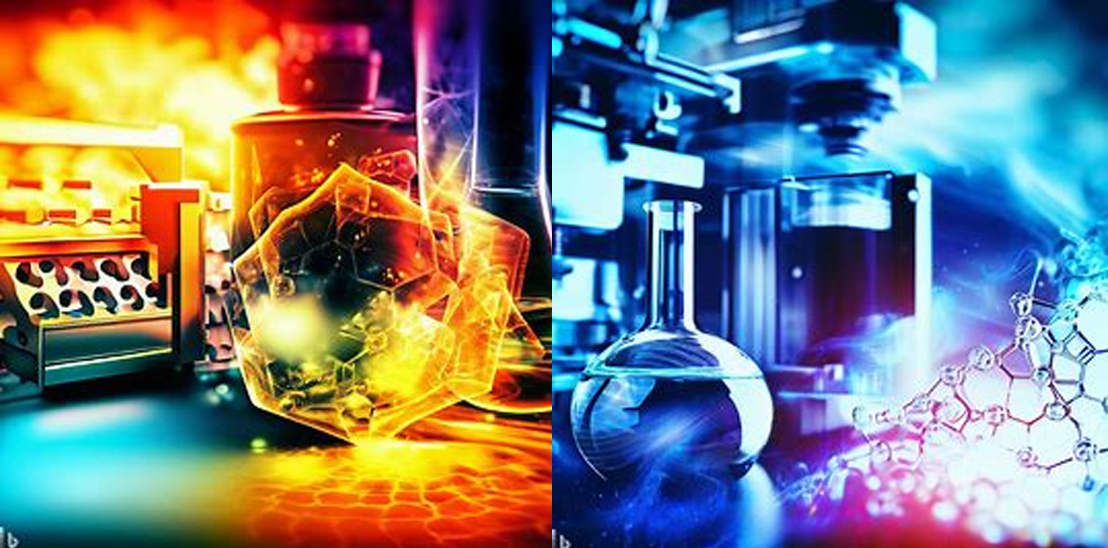Postdoctoral position
Thermodynamic modelling of protective coating for solid oxide electrolysis cells
Published on
Position
Postdoctoral fellow
Starting date
01/05/2024
Location
Saclay
Département de Recherche sur les Matériaux et la Physico-chimie pour les énergies bas carbone
Service de recherche en Corrosion et Comportement des Matériaux
Laboratoire de Modélisation, Thermodynamique et Thermochimie
Contact
Pâmella VASCONCELOS
Tel : 01 69 08 77 32
Email : pamella.vasconcelos@cea.fr
In the pursuit of a sustainable energy future, solid oxide electrolysis cells (SOECs) are a highly promising technology for producing clean hydrogen by electrolysis of water at high temperature (between 500 and 850°C). Although high operating temperature offers many benefits (high efficiency and low power consumption), it can lead to degradation of the interconnectors. Coatings are proposed to improve the long-term performance of interconnectors and reduce corrosion problems. The aim is to find the best coating candidates with high thermodynamic stability, high electrical conductivity and low cation diffusivity
In this context, you will join the LM2T team within the ATHERM_COAT project in the DIADEM program for innovative materials.
Your role will be to :
- Perform thermodynamic simulations using CALPHAD method and Thermo-Calc Software to predict the stability range of a set of coating candidates (e.g. spinel oxides and perovskites) and the possible decomposition reactions in different atmosphere conditions (temperature and oxygen partial pressure). In this step, the candidate will also perform a critic review of the thermodynamic data available in the literature.
- To couple information obtained from CALPHAD calculations and the thermodynamic database to estimate the thermal expansion and electrical conductivity of the most promising compositions.
The candidate will work closely with the experimental team (ISAS/LECNA and UMR-IPV) producing the coatings to guide future trials a adapt the method to better meet large-scale production needs.
Recommended training : PhD degree in Chemistry, Physics, Chemical Engineering, Materials Engineering or related fields
Plus d'actualités


